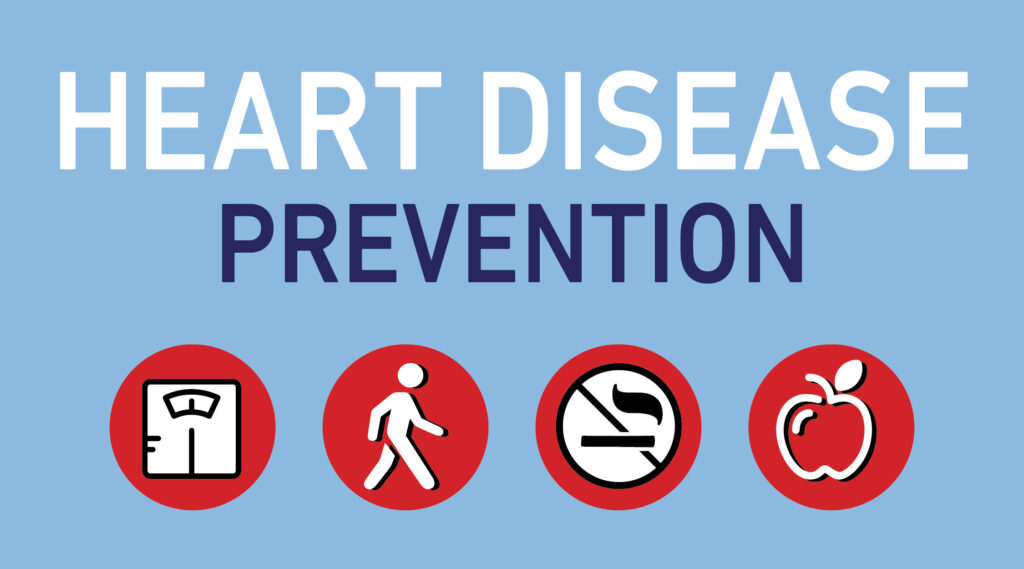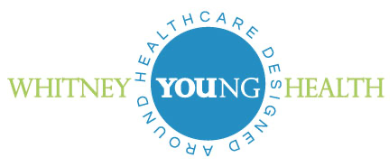
Every year, one in four deaths are caused by heart disease. In addition, the leading cause of death for both men and women in the United States is heart disease. Heart disease is preventable by healthy lifestyle choices and management of other health conditions.
Here is what you can do to prevent heart disease and reduce your risk.

What is heart disease?
Heart disease, also known as cardiovascular disease, is where atherosclerosis, a condition where plaque develops on the walls of arteries, narrows the arteries which makes it harder for blood to flow
A heart attack can occur when a blood clot forms and it lodges itself within the heart, cutting off blood flow completely
Other types of cardiovascular disease include:
- Heart failure – Also known as, congestive heart failure, means the heart isn’t pumping at prime conditions and that causes low levels of oxygen and circulating blood in the body
- Arrhythmia – An abnormal rhythm of that heart which can causes the heart to beat either too past or too slow. With an arrhythmia, the heart may not be pumping enough blood through the body
- Heart valve problems – Heart valves may not open enough to allow blood through, this is called stenosis. While they also may not close properly causing blood leakage, this is called regurgitation
Risk factors for heart disease include but are not limited to, high blood pressure, diabetes, smoking, obesity, physically inactivity, and unhealthy diet
What are the possible treatments?
There are cardiovascular disease-specific treatments but many are overarching! Some medications include:
- Blood thinners (anticoagulants), which reduce the risk of blood clot development
- Water pills (diuretics), which reduce the amount of fluid in the tissues which helps to reduce overall load on the heart
- Beta-blockers, help the heart beat slower which can reduce heart palpitations and reduce overall work load on the heart
When should surgery be considered over medications?
- Specifically, when faced with heart valve problems, a valve replacement might be a better fit because it can help reduce overall damage
- In addition, there are extremely safe and effective procedures for treating this condition and after surgery, many patients don’t need to take previously prescribed medications!

What can I do to prevent or reduce my risk of heart disease?
Weight management
- Get your exercise! From walking your dog, to picking up your kids from school, make an effort to get physically active! Your heart will thank you!
- Around 150 minutes of brisk walking (or something similar) or 75 minutes of jogging or running every week for adults!
- 60 minutes of activity every day for kids!
- The other factors listed below also help manage your weight
Healthy eating
- Reduce overall salt intake by eating fresh rather than processed or canned foods and also limit unneeded sauces and seasonings
- Choose foods that are low in saturated fats and increase the amount of fruits, vegetables, fish, and fiber-rich whole grains
- Limit beverages sweetened with sugar and also red meat
Quit smoking!
- Smoking is the leading cause of many other health problems including cancer
- Smoking impacts your weight, eating and lifestyle habits, and overall stress levels
Stress management
- Although it seems redundant, get some exercise and quit smoking!
- Maintain a positive attitude and outlook on life!
Join the American Heart Association and have a heart! Learn about how to build healthier lives and make a commitment to change!
